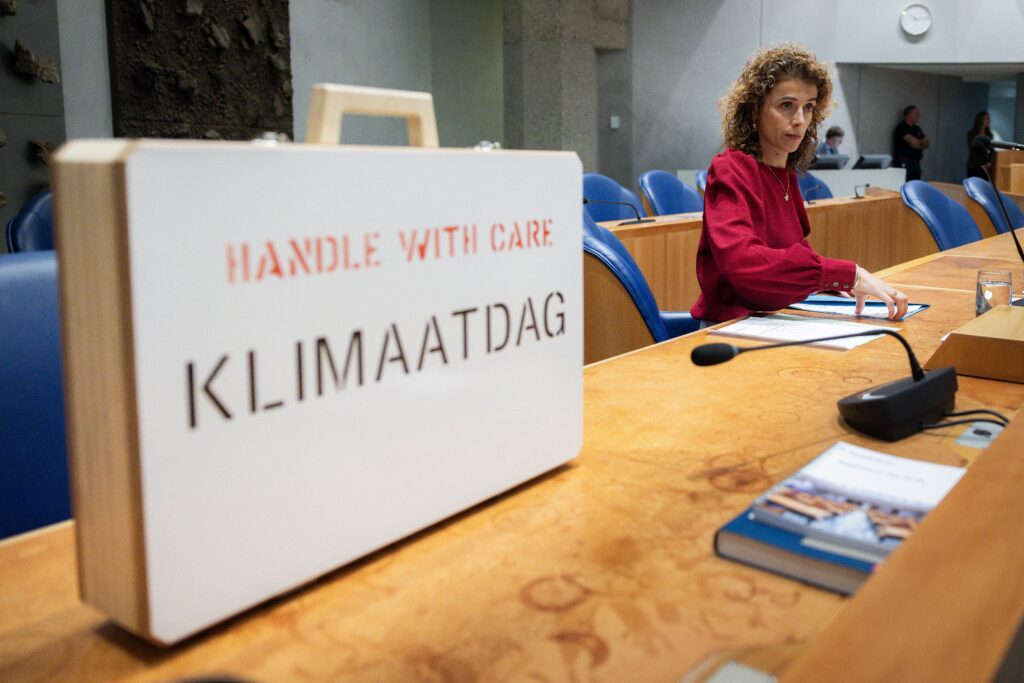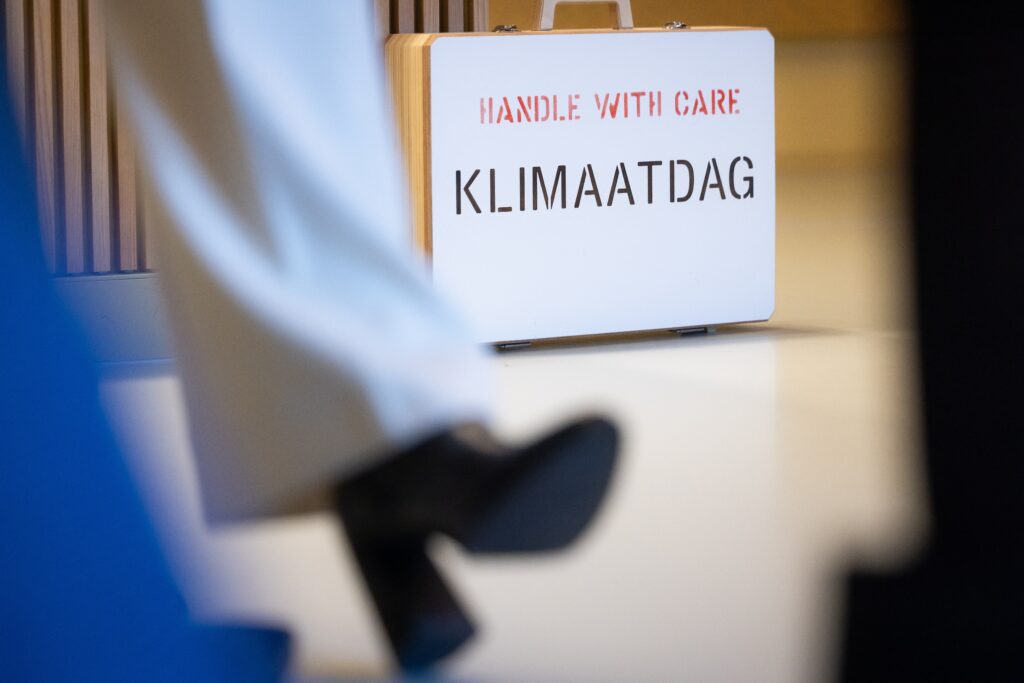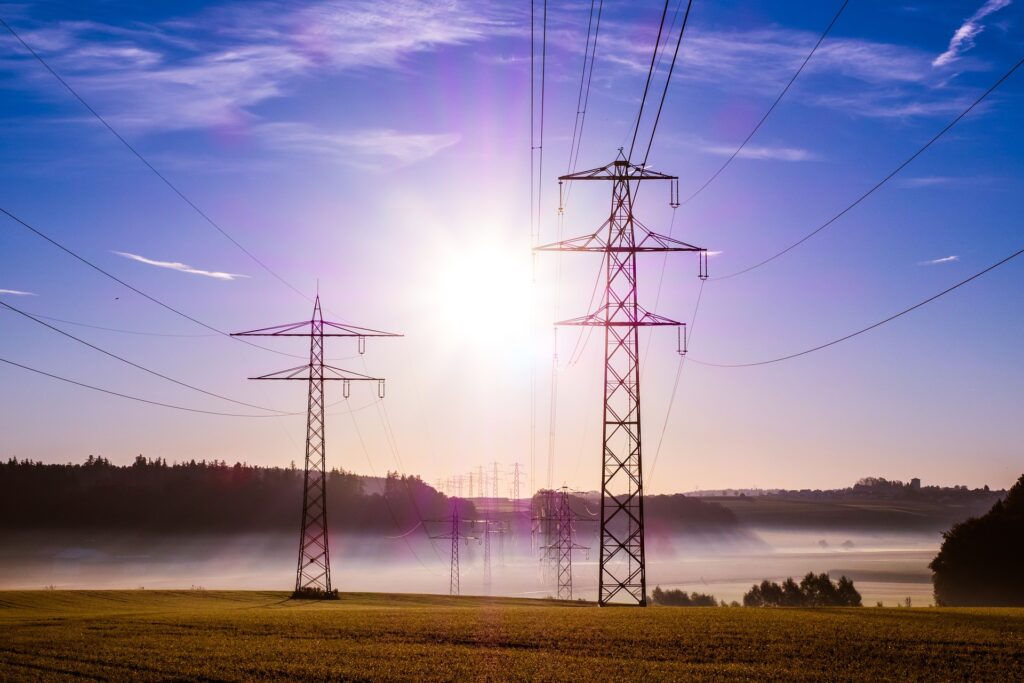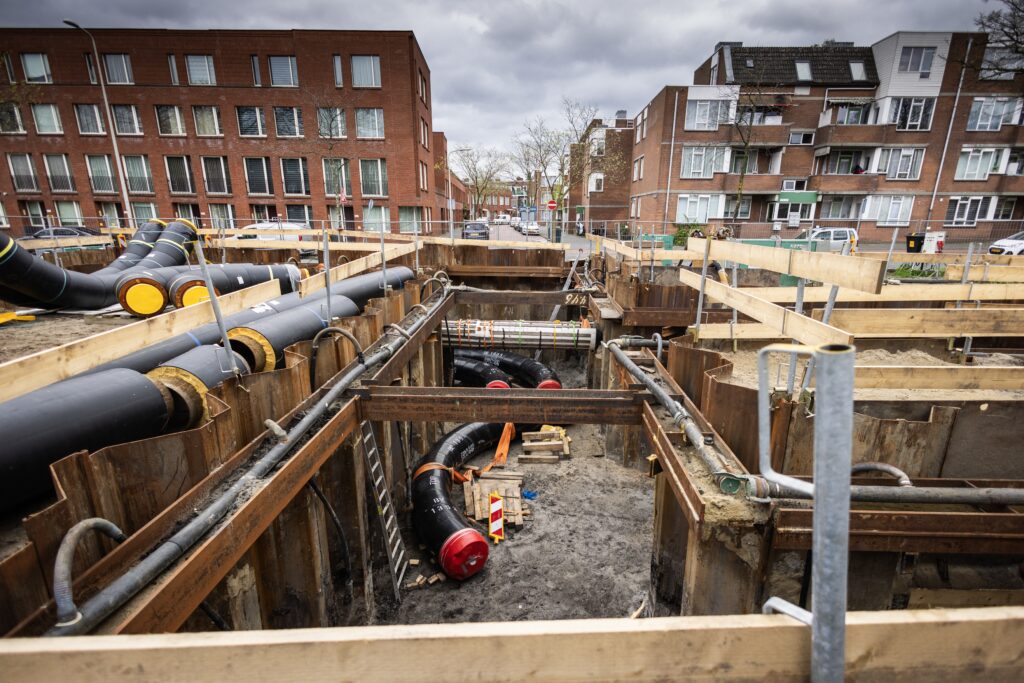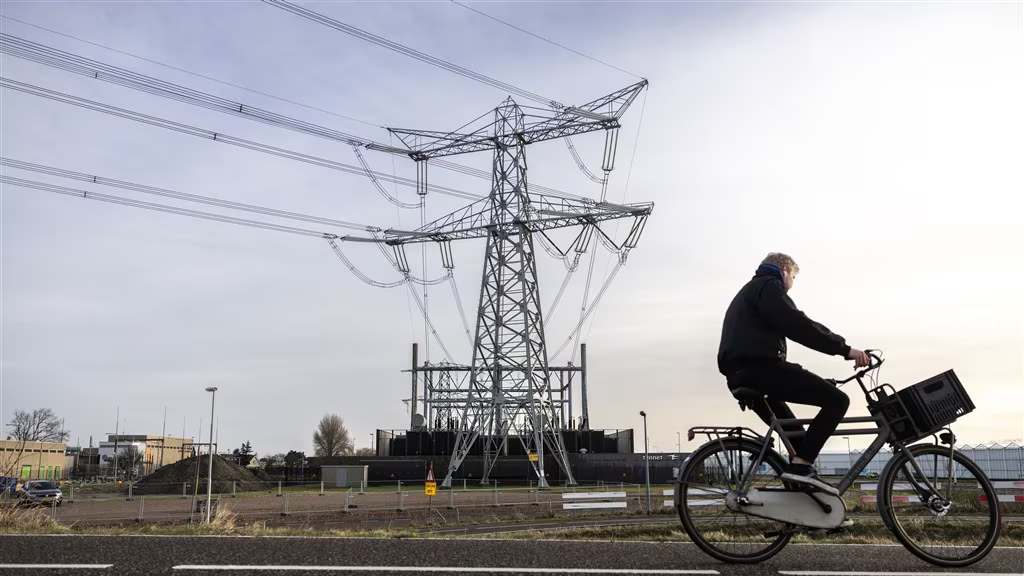On Monday March 13, the IBO (Interdepartmental Policy Review) was published. It contains proposals for additional normative and pricing national climate policy, so that the Cabinet can achieve the ambitions for 2030 (and (2050). The Interdepartmental Policy Review (IBO) comprises one central policy package, and two alternative packages in which one is relatively lenient towards agriculture and the other towards ETS1 until 2030. Within these packages, proposals are made for overarching measures (adjusting the energy tax, increasing the natural gas tariff and reducing the electricity tariff, increasing and improving compliance with energy-saving requirements, deploying additional professionals), and for specific sectors: built environment (including phasing out poor energy labels for non-residential buildings, energy performance requirements, standard for owner-occupied homes at transaction time), agriculture and land use (focus on size of livestock, tighten pricing policy for greenhouse horticulture), mobility (greater mandatory use of biofuels and sustainable fuels), industry (increase carbon tax, reduction of dispensation rights before 2030 and phasing out after 2030, phasing out of energy tax exemptions, CCS) and electricity (further roll-out of solar by promoting batteries in solar parks, standardizing and encouraging solar on roofs and parking lots, investigating offshore solar, working out standardization for a carbon-free electricity sector around 2035, electricity consumption savings).
Energie-Nederland is pleased with the commitment to additional policy, as this is necessary to achieve the 55-60% reduction by 2030. However, we regret the fact that the Interdepartmental Policy Review (IBO) only focused on normative and pricing measures. To make the transition a reality will require a balanced consideration between the carrot and the stick, but this report only outlines the stick and therefore, only provides a limited picture of the possible measures. The report also ignores the practicality of the transition. For example, without grid infrastructure, which requires licensing, implementation and equipment, pricing and normative measures will be meaningless. A comprehensive content analysis and response is currently being drafted by Energie-Nederland, which will be shared with the Ministry of Economic Affairs and Climate Policy, and which will also be the basis for input to members of parliament for the committee debate on the Interdepartmental Policy Review (IBO).


